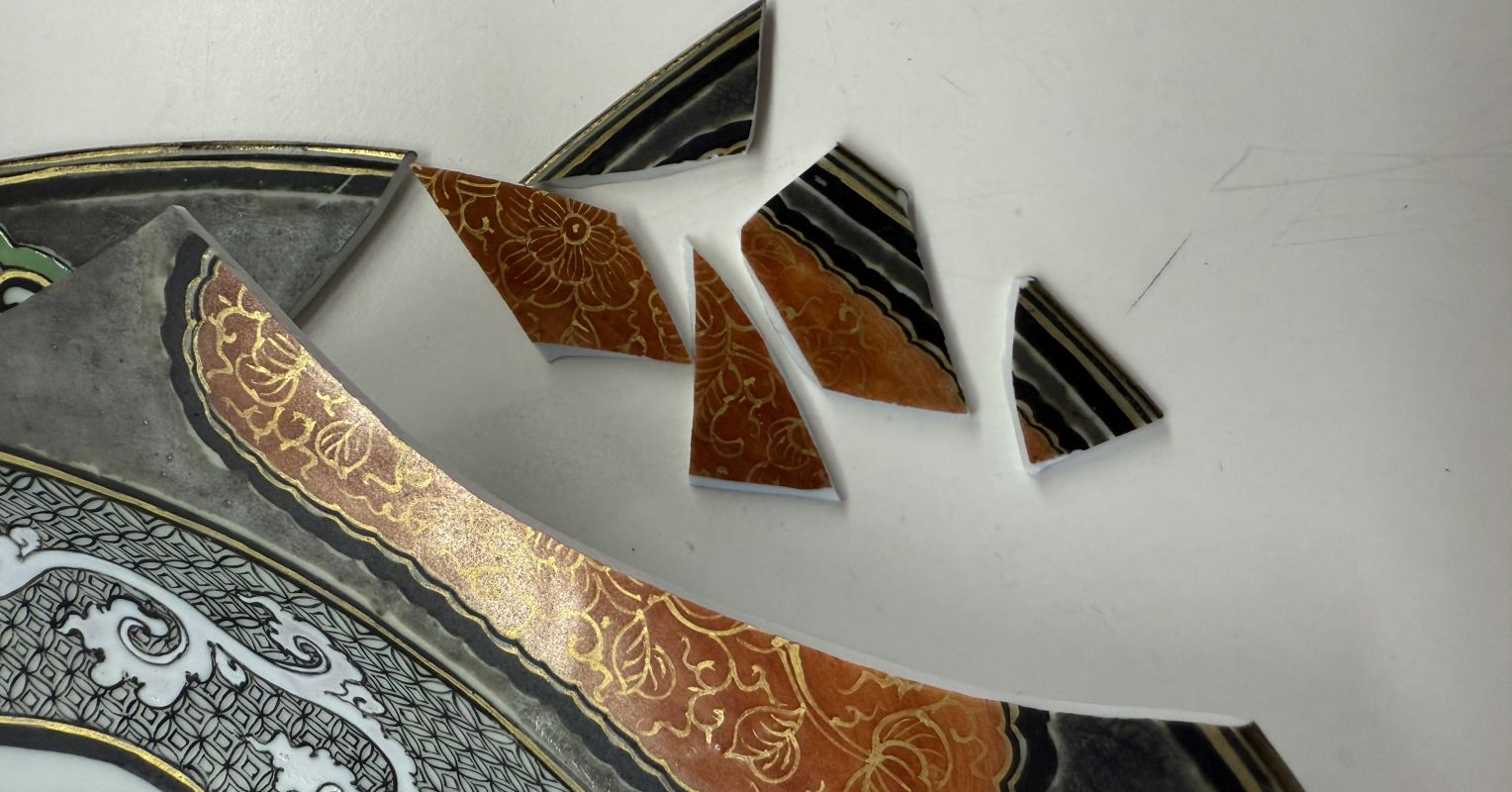
"Human beings form attachments not just to people but also to objects. This is especially true when the object carries narrative weight-what researchers call 'autobiographical meaning.'"
Human beings form attachments not just to people but also to objects, particularly those with narrative weight or autobiographical meaning. An example includes a cherished Dutch armorial tea set that fractured. The loss of these objects is profound, emphasizing their importance beyond aesthetic value; they embody cultural stories and personal identity. The pain of losing such items reflects a failure in stewardship of material culture, magnified by the emotional complexity of guilt, which engages distinct cognitive and emotional processes in the brain.
Read at Psychology Today
Unable to calculate read time
Collection
[
|
...
]